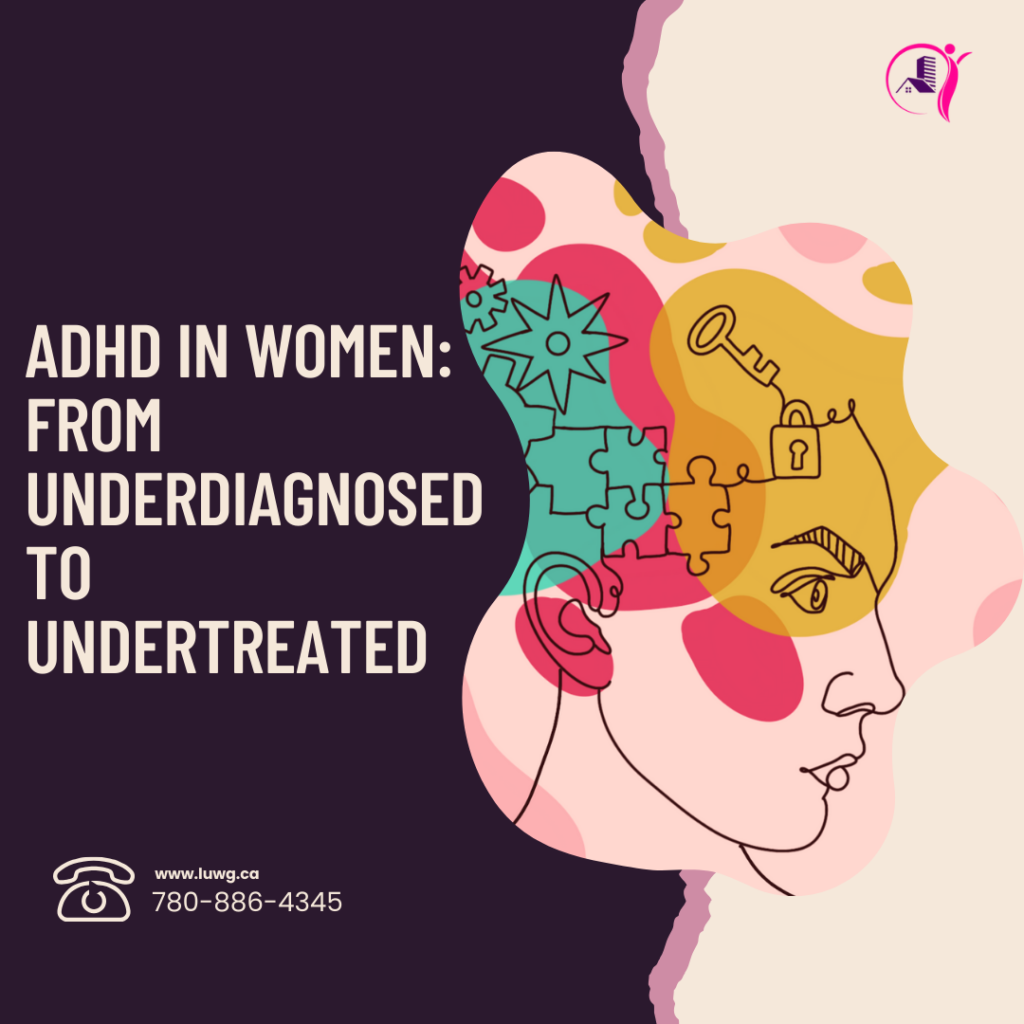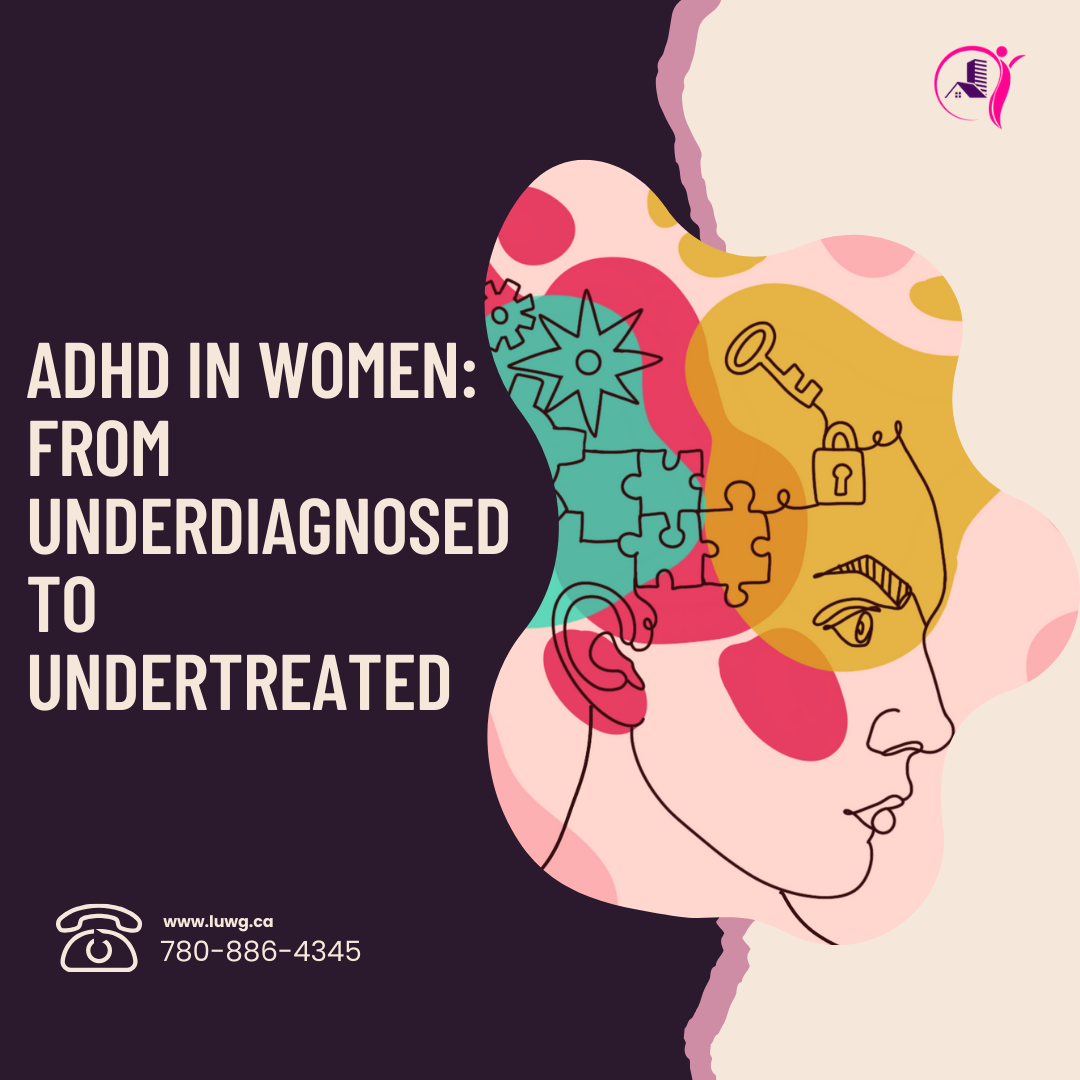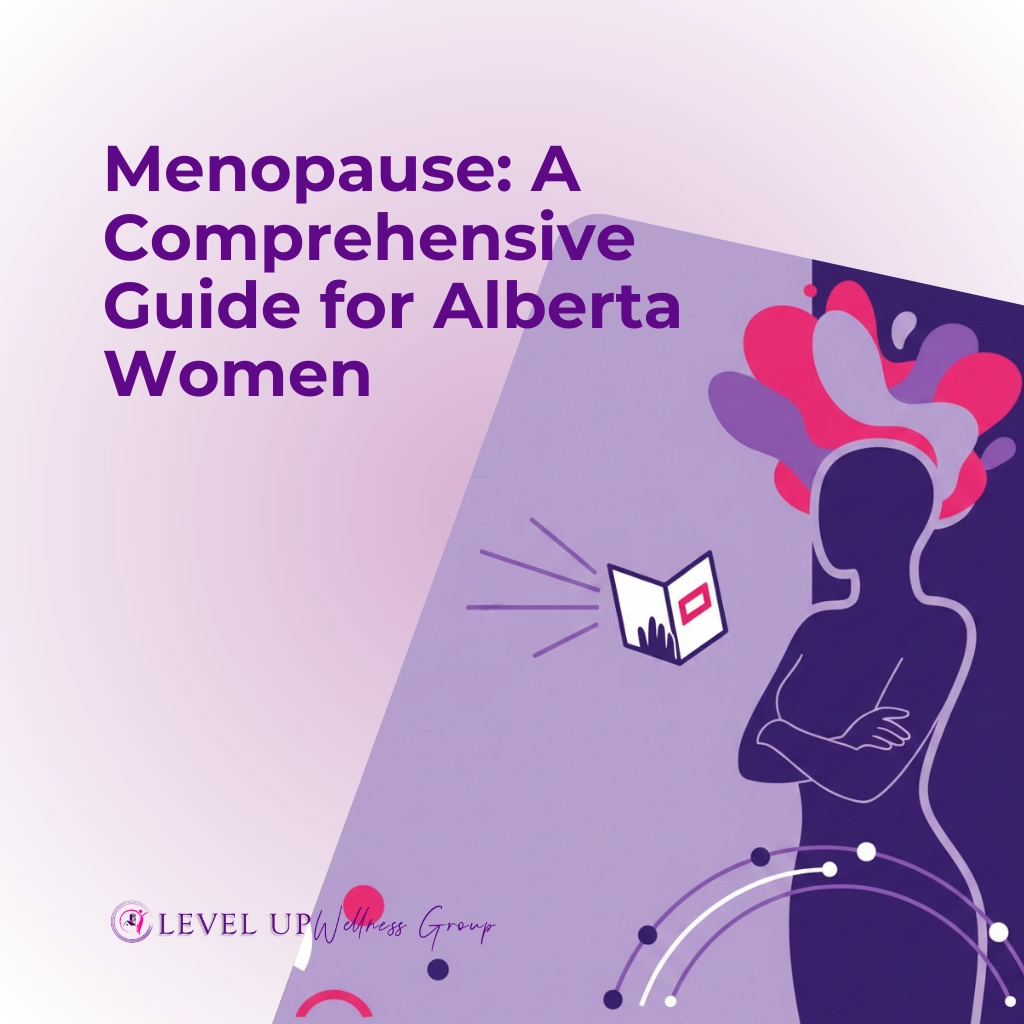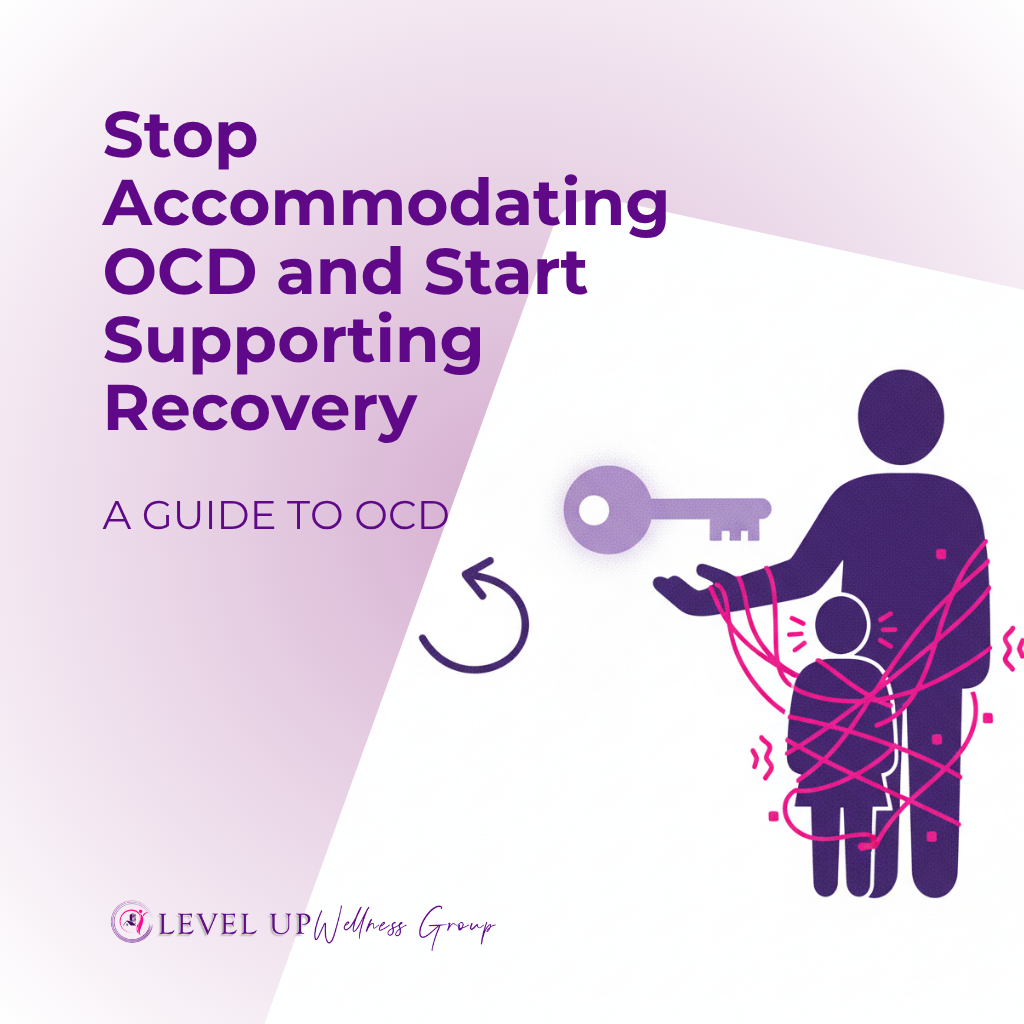What Is ADHD
Attention Deficit Hyperactivity Disorder (ADHD) is a neurodevelopmental disorder characterized by difficulties with attention, hyperactivity, and impulsivity. While often diagnosed in childhood, ADHD can persist into adulthood and be significantly impacted by hormonal changes, particularly during perimenopause and menopause

ADHD and Menopause: A Perfect Storm
ADHD in females often presents differently than in males, and these differences become especially pronounced during perimenopause and menopause due to fluctuating hormone levels. ADHD in women is frequently underdiagnosed or misdiagnosed earlier in life because females tend to exhibit less overt hyperactivity and more subtle signs like inattentiveness, forgetfulness, and emotional regulation difficulties. The presenting symptoms in females tend to be depression and/or anxiety. These symptoms tends to be treated will little impacts, since the root cause is not being addressed, ADHD. Medication that is used to treat depression and anxiety is different from medication that is used to treat ADHD. During perimenopause and menopause, these symptoms can become exacerbated, leading many women to seek a diagnosis for the first time as their coping mechanisms fail under the strain of hormonal changes.
ADHD is a largely genetic condition. So, if someone in your family has been diagnosed or you feel like your anxiety or depressions has never really subsided despite various treatments, this could be because an ADHD diagnosis was missed.
Hormonal Influence on ADHD Symptoms
Estrogen plays a significant role in modulating dopamine, a key neurotransmitter involved in attention, motivation, and executive functioning. During perimenopause, estrogen levels begin to fluctuate, and this can cause ADHD symptoms to worsen. Women may experience increased brain fog, memory issues, difficulty concentrating, and heightened emotional sensitivity, making it harder to manage daily responsibilities. These changes can feel disorienting, especially for those who were previously able to compensate for their ADHD symptoms through organization strategies, multitasking, or social masking.
In menopause, when estrogen levels drop more dramatically, women might notice a severe decline in their ability to manage tasks and focus. The reduction of estrogen is linked to a corresponding reduction in dopamine and serotonin levels, which can further exacerbate symptoms like irritability, anxiety, and emotional dysregulation.

Challenges Unique to Perimenopause and Menopause

Many women in this stage of life are also managing significant life transitions, such as children leaving home, career shifts, caregiving responsibilities, or relationship changes. The demands of these transitions, paired with intensifying ADHD symptoms, can lead to feelings of overwhelm, frustration, and a sense of losing control. Women may struggle with:
- Memory issues: More pronounced forgetfulness or misplacing items.
- Executive function challenges: Difficulty planning, organizing, and completing tasks, leading to procrastination or missed deadlines.
- Emotional dysregulation: Heightened irritability, mood swings, and sensitivity to stress, often linked to the hormonal rollercoaster of perimenopause.
- Sleep disturbances: As estrogen levels drop, sleep becomes more fragmented, further affecting cognitive function and exacerbating ADHD-related challenges.
The Impact of Late Diagnosis
For many women, perimenopause and menopause are periods of self-reflection, where they finally seek answers to lifelong struggles with attention, focus, or emotional regulation. Unfortunately, ADHD in women has long been misunderstood, and hormonal shifts in midlife may cause them to attribute their symptoms solely to menopause rather than considering ADHD. This misattribution can delay an accurate diagnosis and appropriate treatment, leading to further distress.
Untreated ADHD during this stage of life can significantly impact self-esteem, work performance, and relationships. Women may feel guilt or shame over perceived failures in managing responsibilities and emotional stability, especially if they were never diagnosed or treated earlier in life.
Treatment Options
Understanding the interplay between ADHD and hormonal changes is crucial for effective management. Treatment strategies may include:
- Hormone Replacement Therapy (HRT): In some cases, HRT can help stabilize estrogen levels and alleviate cognitive and mood-related symptoms that are exacerbated by menopause.
- ADHD medication: Stimulants or non-stimulant medications can help manage ADHD symptoms by increasing dopamine levels, improving focus, and enhancing executive function. However, finding the right dosage can be tricky during menopause, as hormonal fluctuations might affect how the medication is metabolized.
- Cognitive-behavioral therapy (CBT): CBT can be particularly helpful in developing coping strategies for managing emotional dysregulation, improving organizational skills, and combating feelings of overwhelm.
- Lifestyle changes: Regular exercise, sleep hygiene, mindfulness practices, and a balanced diet can positively impact cognitive function and emotional well-being.
Don’t Let ADHD Go Unchecked
In sum, ADHD in females during perimenopause and menopause is an often overlooked but highly impactful issue. Hormonal fluctuations can significantly worsen ADHD symptoms, leading to a cascade of challenges in both personal and professional life. Proper diagnosis and individualized treatment can empower women to manage their symptoms more effectively and improve their quality of life during this critical transition.
Level Up Wellness Group has various providers that support females in understanding if they have ADHD. ADHD assessments and treatment can be provided, including support from our nurse practitioners who use a mixture of medication and supplements to support your needs.





